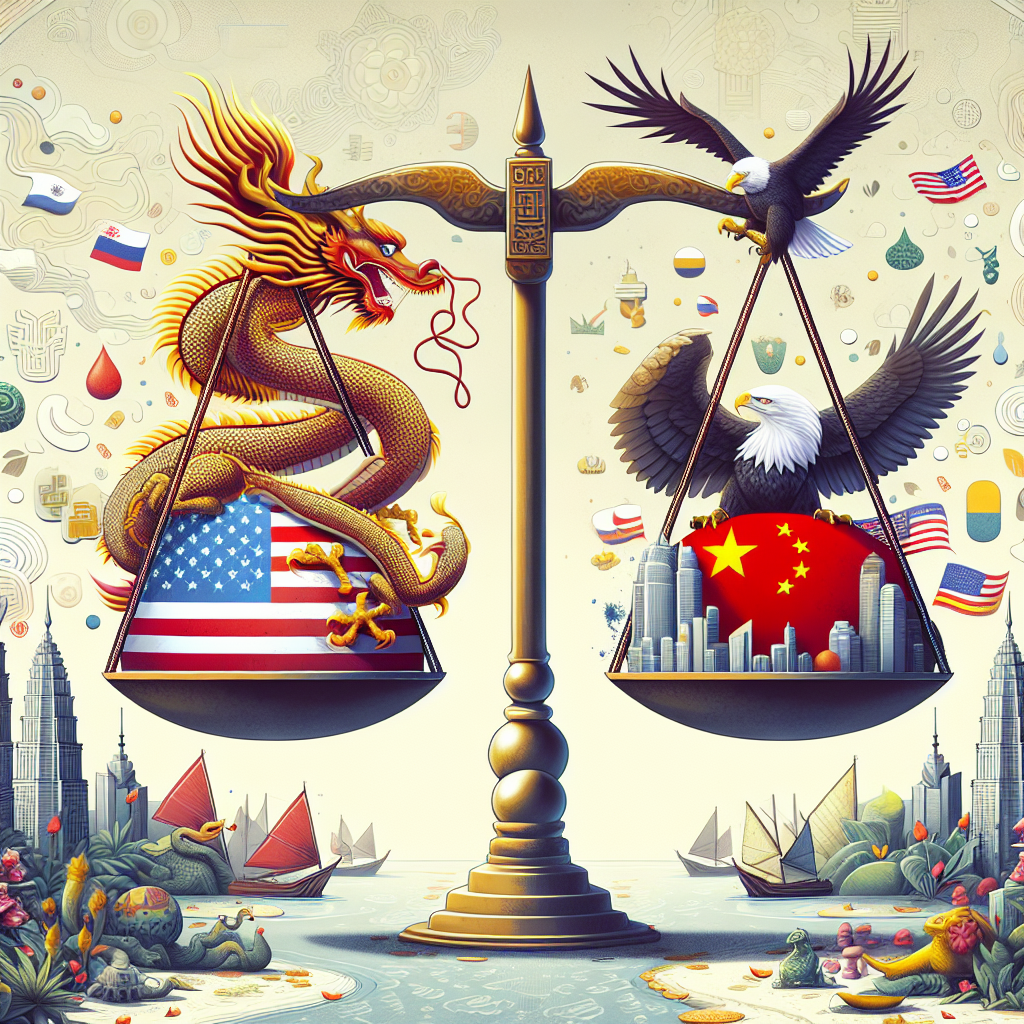China’s Soft Power Gains in Southeast Asia Amid USAID’s Decline
China’s Soft Power Gains in Southeast Asia Amid USAID’s Decline
Introduction
China is increasingly strengthening its influence in Southeast Asia as the United States Agency for International Development (USAID) experiences a decline in its regional impact. This shift is reshaping geopolitical dynamics, with China leveraging its soft power to build stronger ties with Southeast Asian nations.
Key Factors Driving China’s Influence
- Economic Investments: China is investing heavily in infrastructure projects, such as the Belt and Road Initiative, enhancing connectivity and economic growth in the region.
- Cultural Exchanges: Through educational programs and cultural exchanges, China is fostering goodwill and mutual understanding with Southeast Asian countries.
- Diplomatic Engagements: China is actively engaging in diplomatic efforts, offering alternative development models and partnerships.
USAID’s Decline
USAID’s influence is waning due to reduced funding and shifting priorities. This decline is creating a vacuum that China is eager to fill, offering more immediate and tangible benefits to Southeast Asian nations.
Conclusion
China’s strategic use of soft power is effectively increasing its influence in Southeast Asia, capitalizing on USAID’s diminishing presence. This shift highlights the importance of economic investments, cultural exchanges, and diplomatic engagements in shaping regional alliances.

































